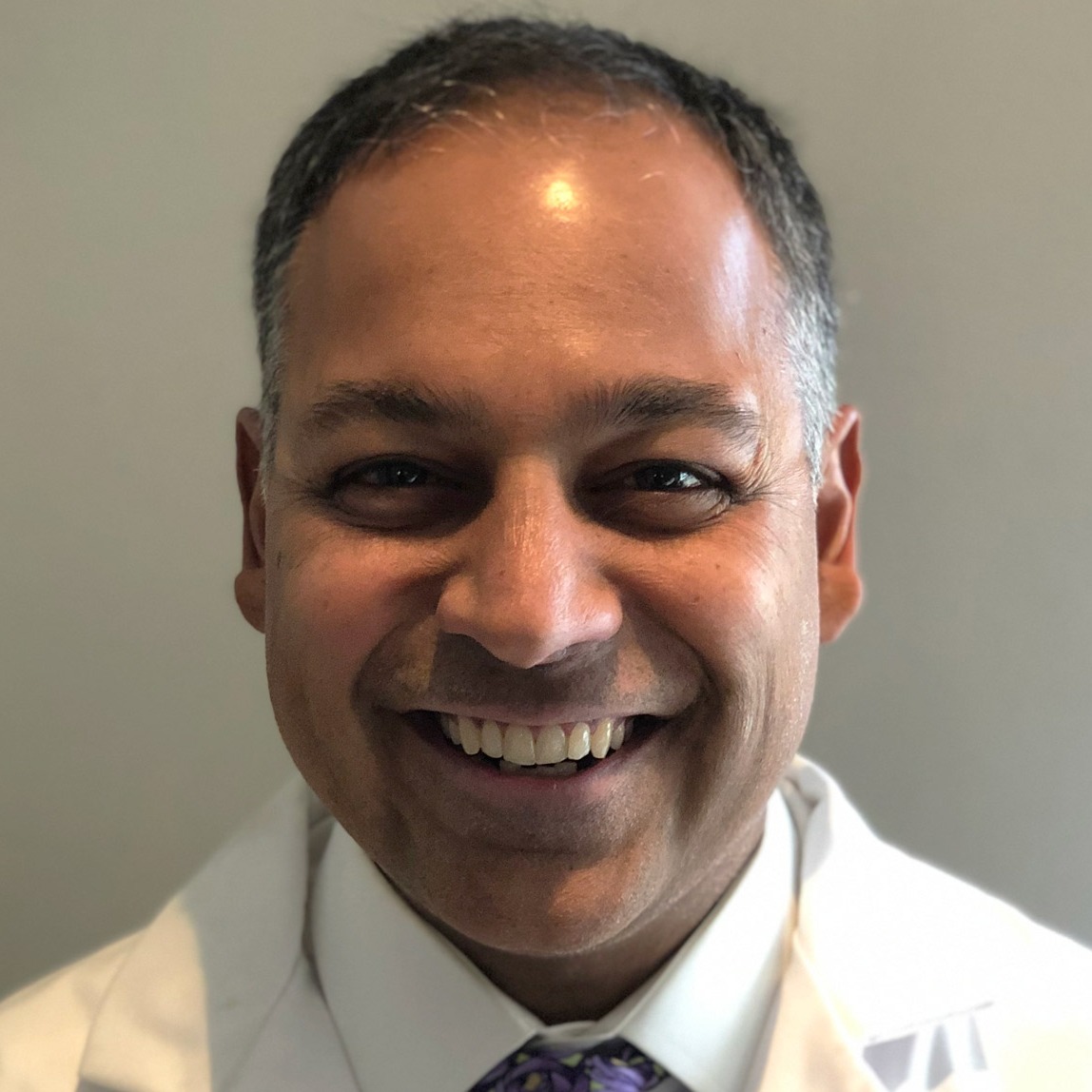GERD (gastroesophageal reflux disease) is when people have heartburn (or other acid reflux symptoms) at least two to three times a week. If you get acid reflux enough, it can cause bothersome symptoms, injury to the esophagus, or even increase your risk of developing esophageal cancer. To diagnose GERD, doctors will look for a "constellation" of symptoms — that is, a group of symptoms that tend to occur together.
If you’re diagnosed with GERD, your doctor may suggest certain lifestyle changes, like avoiding certain foods, having smaller, more frequent meals, or losing weight if you need to. There may also be medications that can help manage heartburn symptoms.
Dr. Raj is a gastroenterologist and associate professor of medicine at NYU School of Medicine, and an attending physician at NYU Langone Medical Center.
References
American Academy of Family Physicians. (2021). Indigestion (Dyspepsia).
UpToDate. (2022). Patient education: Acid reflux (gastroesophageal reflux disease) in adults (Beyond the Basics).
John Hopkins Medicine. (n.d.). Upper gastrointestinal series.

Why trust our experts?


Search and compare options












